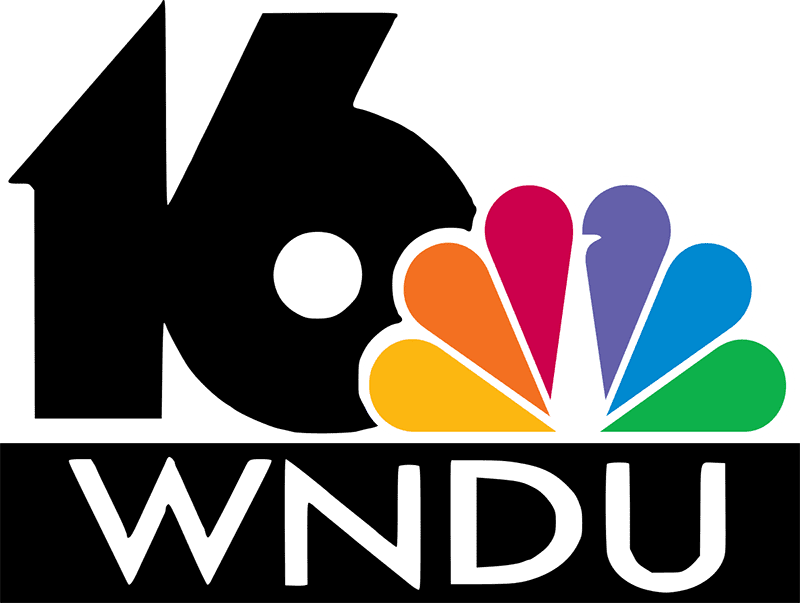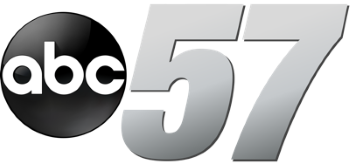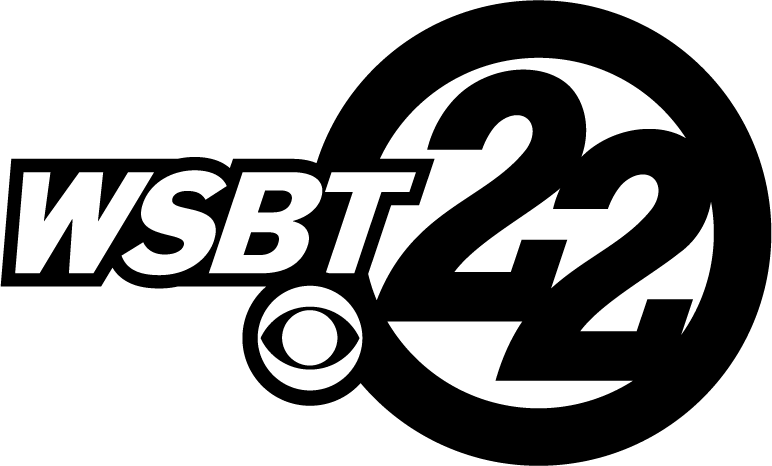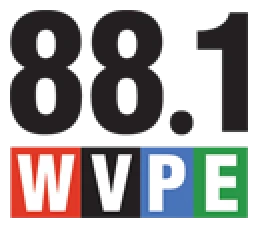Media Mentions
-

WNDU
Notre Dame professor talks about brain cancer research and its journey into space
April 01, 2024
Meenal Datta has been working at Notre Dame for two and a half years. Earlier this year, her team was invited to use their research on glioblastoma in the ISS.
Originally published at news.nd.edu.
-

South Bend Tribune
Notre Dame professor to advance brain cancer research aboard International Space Station
March 22, 2024
A SpaceX launch Thursday afternoon aims to advance brain cancer scholarship by University of Notre Dame researchers by bringing an experimental study to the International Space Station. When it lifts off Thursday afternoon around 4:55 p.m. from Florida's Cape Canaveral Space Force Station, the SpaceX Dragon cargo spacecraft will carry the materials and methods for Notre Dame professor Meenal Datta's study on glioblastoma, an aggressive and incurable form of brain cancer.
Originally published at news.nd.edu.
-

NPR
A unanimous Supreme Court restores Trump to the Colorado ballot
March 05, 2024
Derek Muller, an election law professor at Notre Dame, said in a statement the Supreme Court decision today "shuts the door on any exclusion of Trump from the ballot in any state, either in the primary or the general."
Originally published at news.nd.edu.
-

The Washington Post
PFAS chemicals to be phased out of food packaging. Here’s how to avoid them.
February 29, 2024
The FDA’s announcement “is a huge win for the public,” said Graham Peaslee, a physics professor at the University of Notre Dame who frequently tests for PFAS in everyday products.
Originally published at news.nd.edu.
-

The Chronicle of Higher Education
Opinion | The Case for Slow-Walking Our Use of Generative AI
February 29, 2024
James M. Lang is a professor of practice at the University of Notre Dame’s Kaneb Center for Teaching Excellence. His most recent book is Distracted: Why Students Can’t Focus and What You Can Do About It, published by Basic Books.
Originally published at news.nd.edu.
-

The New York Times
The World May Be Entering a Much Bloodier Era
February 29, 2024
The Institute for Economics and Peace has identified the Sahel as one of its ecological threat hot spots, and according to Notre Dame’s Global Adaptation Initiative’s index, all six countries in the region rank among the least prepared places in the world.
Originally published at news.nd.edu.
-

South Bend Tribune
When Notre Dame president Rev. John Jenkins steps down, legacy of research will remain
October 16, 2023
One of the Rev. John Jenkins' earliest decisions as Notre Dame president was to create a new position to advance research initiatives at the university.
Originally published at news.nd.edu.
-

WNDU
Beacon surgeon, Notre Dame engineer working to revolutionize spine surgery
October 12, 2023
Dr. Stephen Smith — a super smart neurosurgeon with Beacon Medical Group — and Dr. Ryan Roeder — an equally smart engineer and professor at Notre Dame ... teamed up to create the new, FDA-approved medical device, which is implanted in a patient’s spine to relieve spinal compression.
Originally published at news.nd.edu.
-

Fast Company
How paying attention to your nightly dreams could impact your career
October 12, 2023
While they often seem random and nonsensical, the dreams you have when you’re sleeping could impact your career and your productivity, says Casher Belinda, assistant professor of management and organization at the University of Notre Dame.
Originally published at news.nd.edu.
-
New research offers improved strategy for social media communications during wildfires
October 11, 2023
“Speak with One Voice? Examining Content Coordination and Social Media Engagement During Disasters” is forthcoming in Information Systems Research from Alfonso Pedraza-Martinez, the Greg and Patty Fox Collegiate Professor of IT, Analytics and Operations at the University of Notre Dame’s Mendoza College of Business.
Originally published at news.nd.edu.
-

ABC57
Notre Dame NASA project
October 09, 2023
At the University of Notre Dame, Irishsat had its payload guidance and recovery system, Iris, picked by NASA as one of two undergraduate projects.
Originally published at news.nd.edu.
-

Nature
US science agencies on track to hit 25-year funding low
October 06, 2023
The trend raises alarm and underscores the need for Congress to follow through on its commitments in the CHIPS and Science Act, says Jill Pentimonti, director of research advancement at the University of Notre Dame in Indiana, and a board member of the Science Coalition, which represents more than 50 US research universities.
Originally published at news.nd.edu.
-
New test in the works to catch defective cancer drugs
October 06, 2023
Now, researchers led by Professor Marya Lieberman of the University of Notre Dame have made the drug a focus of their work developing devices that flag poor-quality medicines.
Originally published at news.nd.edu.
-
Into The Dreamscape: Scientists Discover How Vivid Dreams That Inspire Feelings Of Awe Spill Over Into Real Life
October 02, 2023
“Similar to epiphany, we found that connecting the dots between dreams and reality gives rise to awe — an emotion that sparks a tendency to think about ourselves and our experiences in the grand scheme of things,” said the study’s lead author, Casher Belinda, an assistant professor of management at Notre Dame.
Originally published at news.nd.edu.
-

The New York Times
Mosquitoes Are a Growing Public Health Threat, Reversing Years of Progress
September 29, 2023
Such largess is unusual — and not a sustainable pathway for vector control research, said John Grieco, a professor of biological sciences at the University of Notre Dame who coordinates the multicountry spatial repellent trial, which is also running in countries including Mali and Sri Lanka.
Originally published at news.nd.edu.
-

Bloomberg
Got Plastic With a No. 2 Recycling Symbol? Beware a Toxic Problem
September 28, 2023
One of the first people she emailed those results to, in the summer of 2020, was Graham Peaslee, a nuclear physicist at the University of Notre Dame who’d pioneered a novel technique for revealing the presence of PFAS in everyday items.
Originally published at news.nd.edu.
-

CNBC
The No. 1 personality trait linked to a long life: ‘The effects of just being positive are overstated,’ psychology expert says
September 17, 2023
While seniors might feel being positive has played a role in their longevity, the relationship between personality and aging is more nuanced, says David Watson, a former professor [professor emeritus] of personality psychology at the University of Notre Dame.
Originally published at news.nd.edu.
-

WSBT TV
$500,000 grant awarded to Robinson Community Learning Center to expand 'Talk to Your Baby' program
September 14, 2023
The Notre Dame Robinson Community Learning Center has been awarded a $500,000 grant to expand their Talk to Your Baby Program.
Originally published at news.nd.edu.
-

WVPE
Grant to help more parents, caregivers learn importance of talking with babies
September 14, 2023
In what likely marks its largest-ever programming grant, Notre Dame’s Robinson Community Learning Center Thursday announced it has won a $500,000 grant to expand its Talk With Your Baby program.
Originally published at news.nd.edu.
-

Associated Press
Firefighters Fear the Toxic Chemicals in Their Gear Could Be Causing Cancer
September 14, 2023
Cotter sent patches of gear to Graham Peaslee, a University of Notre Dame professor who studies PFAS, for testing.
Originally published at news.nd.edu.